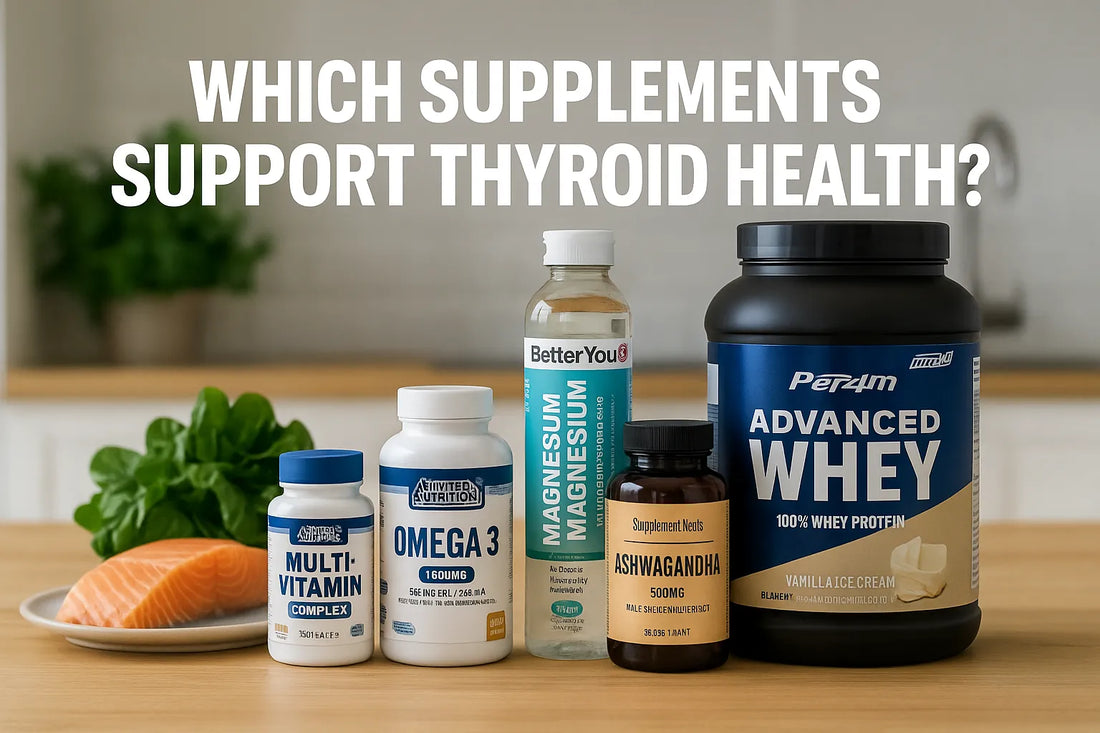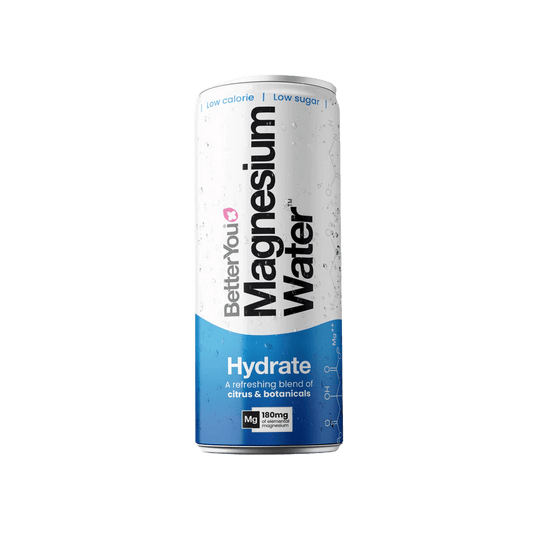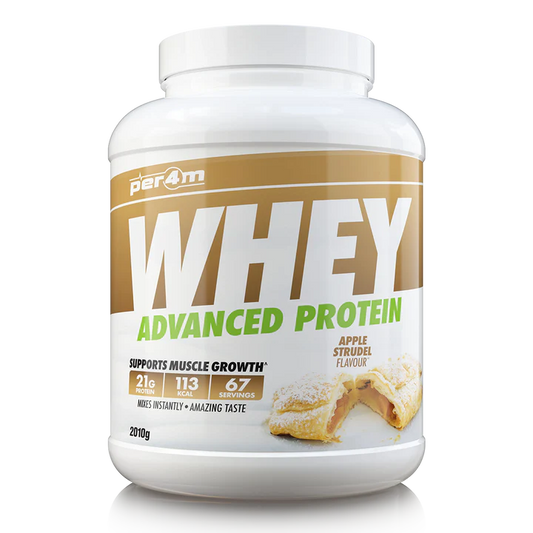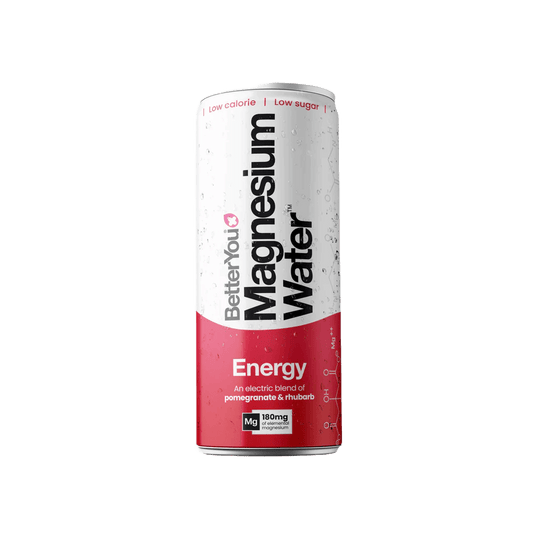Introduction: Why Thyroid Health Deserves Attention
The thyroid might be a small, butterfly-shaped gland in your neck, but its influence is enormous. It produces hormones that regulate metabolism, energy, mood, body temperature, and even how efficiently you burn calories. When the thyroid slows down (hypothyroidism) or speeds up (hyperthyroidism), the entire body feels the impact — fatigue, weight changes, brain fog, and even bone and heart health can all suffer.
In the UK, hypothyroidism (underactive thyroid) is especially common, particularly among women over 40. But thyroid imbalances affect all ages and genders. The challenge? Many of the symptoms are subtle at first, easily dismissed as stress, diet, or just “getting older.”
Medical treatment is often necessary for diagnosed thyroid disorders, but lifestyle and nutrition also play a major role. That’s where supplements come in. They can’t replace prescribed medication, but they can support healthy thyroid function, fill nutritional gaps, and reduce the burden on a gland that works tirelessly every day.
In this two-part blog, we’ll dive into the best supplements for thyroid health, what deficiencies matter most, and how to build a smart stack that supports both energy and long-term wellness.
1) What Are the Best Supplements for Thyroid Health?
When most people think about thyroid health, iodine comes to mind. After all, the thyroid gland uses iodine to make hormones. But iodine is just one piece of the puzzle. A full support system for thyroid function involves:
-
Iodine → raw material for thyroid hormones.
-
Selenium → converts thyroid hormones into their active form.
-
Vitamin D → supports immune balance and reduces risk of thyroid-related autoimmunity.
-
Magnesium → helps regulate hormone release and reduces fatigue.
-
B-vitamins (including B12) → maintain energy levels and metabolic function.
-
Omega-3 fatty acids → reduce inflammation and support healthy thyroid tissue.
-
Ashwagandha → an adaptogen that may balance thyroid hormone levels.
💡 Applied Nutrition Multi-Vitamin Complex is a strong foundation here. It delivers vitamin D, selenium, and essential micronutrients, making it a smart daily choice for thyroid support.

2) How Can You Support Your Thyroid Naturally?
Supporting thyroid health naturally means reducing the stress placed on the gland while giving it the nutrients it needs to thrive. A few key strategies:
-
Eat selenium-rich foods → Brazil nuts, eggs, fish. Selenium is vital for converting thyroid hormones into their usable form.
-
Balance iodine intake → too little iodine can slow thyroid function, but too much can also disrupt it. The goal is steady, moderate intake.
-
Reduce stress → chronic stress raises cortisol, which suppresses thyroid hormone activity.
-
Stay active → regular exercise boosts metabolism and helps regulate hormones.
-
Use supportive supplements → to fill nutritional gaps and protect against deficiencies.
💡 Supplement Needs Omega 3 deserves a place here. Chronic inflammation is linked with thyroid dysfunction, particularly autoimmune thyroid disease. Omega-3 fatty acids lower inflammation, helping to protect thyroid tissue and support overall hormonal balance.
3) Can an Underactive Thyroid Return to Normal?
This is one of the most common questions asked by people newly diagnosed with hypothyroidism. The answer depends on the cause.
-
If it’s autoimmune (Hashimoto’s disease): the thyroid is under attack by the immune system. Medication is usually needed long-term, though diet and supplements can reduce flare-ups.
-
If it’s due to deficiency (like iodine or selenium): restoring these nutrients can improve thyroid function significantly.
-
If it’s temporary (post-pregnancy, illness, or medication side-effect): thyroid function may return to normal once the underlying trigger resolves.
Supplements aren’t a cure, but they can help create the right environment for recovery. Ensuring adequate intake of selenium, vitamin D, and magnesium is especially important.
💡 BetterYou Magnesium Water fits naturally into this discussion. Magnesium supports enzyme systems involved in thyroid hormone production and helps combat fatigue, one of the hallmark symptoms of hypothyroidism.

4) What Supplements Should Be Avoided with Thyroid Problems?
Not all supplements are helpful. Some can actually interfere with thyroid function or with medications like levothyroxine (commonly prescribed for hypothyroidism).
Supplements to be cautious with include:
-
Excess iodine → too much can suppress thyroid activity.
-
High-dose biotin → can interfere with thyroid blood tests.
-
Soy isoflavones → in very high doses, these may affect thyroid hormone production.
The key is balance. Moderation and timing matter. For example, calcium and iron supplements can block absorption of thyroid medication if taken together — so spacing them out by at least 4 hours is recommended.
💡 The beauty of products like Applied Nutrition Multi-Vitamin Complex is that they provide balanced doses of key nutrients, rather than risky megadoses.

5) Can You Reverse Hypothyroidism?
Unfortunately, most cases of hypothyroidism can’t be fully “reversed” once established — especially if caused by autoimmune conditions like Hashimoto’s. However, symptoms can often be greatly reduced or stabilised with proper treatment and nutritional support.
What you can do is:
-
Support your metabolism with adequate protein and nutrients.
-
Protect your thyroid gland with anti-inflammatory supplements.
-
Improve energy, mood, and recovery through smart supplementation.
💡 Per4m Advanced Whey Protein plays an important indirect role here. People with underactive thyroids often struggle with fatigue, weight gain, and muscle weakness. Consistent protein intake helps maintain lean muscle mass, supports metabolism, and prevents the muscle breakdown that sometimes occurs when thyroid hormones are low.
✅ What We’ve Covered in Part 1
So far, we’ve explored:
-
The best supplements for thyroid health (vitamin D, selenium, magnesium, omega-3, ashwagandha).
-
How to support your thyroid naturally through diet, lifestyle, and supplements.
-
Whether an underactive thyroid can return to normal.
-
The supplements to avoid if you have thyroid issues.
-
Why you may not be able to fully reverse hypothyroidism, but how you can manage it effectively.
We’ve also introduced five stocked products that play a key role in thyroid support:
- Applied Nutrition Multi-Vitamin Complex
- Supplement Needs Omega 3
- Supplement Needs Ashwagandha
- BetterYou Magnesium Water
- Per4m Advanced Whey Protein
🔜 Part 2 will cover vitamin deficiencies linked to thyroid health, the role of B12, magnesium, ashwagandha’s adaptogenic benefits, thyroid-friendly diets, and the ultimate supplement stack for supporting thyroid function.
Which Supplements Support Thyroid Health? (Part 2)
6) Which Vitamins Are Needed for Healthy Thyroid Function?
Thyroid health depends on a network of vitamins working together to keep hormone production stable. Deficiencies in even one can create ripple effects across your entire metabolism.
-
Vitamin D → essential for immune regulation and helps reduce autoimmune flare-ups.
-
Vitamin B12 → supports red blood cell production and energy, often depleted in hypothyroidism.
-
Vitamin C → aids collagen formation and protects thyroid tissue from oxidative stress.
-
Vitamin A → helps regulate thyroid hormone metabolism.
-
Vitamin K → supports bone health, which can be compromised if thyroid hormones are imbalanced.
💡 Applied Nutrition Multi-Vitamin Complex delivers these essentials in a balanced formula, making it one of the simplest ways to cover all bases. Instead of chasing individual vitamins, a daily multivitamin ensures consistency and reliability.
7) Can B12 Deficiency Affect Thyroid Health?
Yes — and the connection is stronger than many realise. Low thyroid hormone levels can reduce stomach acid production, which makes it harder for the body to absorb vitamin B12 from food. This creates a vicious cycle: poor thyroid function worsens B12 absorption, while B12 deficiency in turn leads to fatigue, weakness, and nerve issues that mirror thyroid symptoms.
For those with hypothyroidism, keeping B12 levels healthy is vital for energy and mood.
💡 Per4m Advanced Whey Protein helps indirectly here. While not a B12 supplement, whey protein is naturally rich in B-vitamins, and combined with fortified foods and a multivitamin, it contributes to better overall B12 status. Many thyroid patients struggle to hit protein targets due to fatigue, so whey protein provides an easy solution.

8) Is Magnesium Important for Thyroid Support?
Absolutely. Magnesium plays several critical roles:
-
Activates enzymes that convert T4 (inactive hormone) into T3 (active hormone).
-
Helps regulate muscle and nerve function, reducing fatigue.
-
Supports bone health, often at risk when thyroid hormones are imbalanced.
Without enough magnesium, thyroid hormones can’t work effectively. Unfortunately, modern diets are notoriously low in magnesium due to soil depletion and reliance on processed foods.
💡 BetterYou Magnesium Water makes daily supplementation simple. Instead of another capsule, it hydrates while delivering magnesium, supporting thyroid balance and energy in one go.
9) What Foods Make Thyroid Problems Worse?
Not all foods are thyroid-friendly. While diet isn’t the sole cause of thyroid disease, certain foods can make management harder:
-
Excess soy → may interfere with thyroid hormone production if consumed in very high amounts.
-
Highly processed foods → low in nutrients, high in inflammation-promoting oils.
-
Gluten → may trigger autoimmune flare-ups in people with Hashimoto’s.
-
Cruciferous vegetables (raw) → broccoli, kale, and cabbage contain goitrogens, which in large raw amounts can interfere with iodine uptake. Cooking neutralises this effect, so moderate cooked intake is fine.
Supplements can’t cancel out a poor diet, but they do help fill gaps. For example, if you’re avoiding dairy (a common source of iodine and vitamin D), a multivitamin and protein powder help replace lost nutrients.

10) Is Ashwagandha Good for Thyroid Balance?
Ashwagandha is one of the most intriguing supplements for thyroid support. As an adaptogen, it helps balance stress hormones like cortisol, which directly interact with thyroid function. High cortisol suppresses thyroid hormone activity, leading to fatigue and sluggish metabolism.
Research suggests ashwagandha can:
-
Improve T4 and T3 levels in people with hypothyroidism.
-
Reduce fatigue, brain fog, and stress linked to thyroid imbalances.
-
Support better sleep, indirectly improving hormone regulation.
💡 Supplement Needs Ashwagandha is perfectly suited here. By lowering stress and supporting hormone balance, it gives the thyroid a better environment to function. It’s not a replacement for medication, but it’s an excellent addition to a thyroid-supportive lifestyle.
🧠 FAQ: Thyroid Health & Supplements
1. What supplements are good for thyroid problems?
Multivitamins (for vitamin D & selenium), magnesium, omega-3, protein, and ashwagandha.
2. What vitamins are needed for thyroid health?
Vitamin D, B12, A, C, and K all support hormone function and immune health.
3. Can supplements replace thyroid medication?
No. Supplements support thyroid health but don’t replace prescribed treatment.
4. Do omega-3 supplements help thyroid function?
Yes — they reduce inflammation and protect thyroid tissue, especially in autoimmune conditions.
5. Should I take vitamin D for thyroid health?
Yes. Deficiency is common and linked to thyroid autoimmunity.
6. Is magnesium important for hypothyroidism?
Yes. It supports hormone conversion and reduces fatigue.
7. Can ashwagandha help with thyroid balance?
Yes — it’s an adaptogen that reduces stress and may improve thyroid hormone activity.
Conclusion: Building a Thyroid Support Stack
Thyroid health is complex, but supplements can play a powerful role in supporting balance, energy, and resilience. The most effective approach combines lifestyle, nutrition, and smart supplementation.
Here’s the Uncle Gym thyroid support stack:
-
Applied Nutrition Multi-Vitamin Complex → vitamin D, selenium, and broad-spectrum nutrients.
-
Supplement Needs Omega 3 → lowers inflammation and protects thyroid tissue.
-
BetterYou Magnesium Water → essential mineral for hormone conversion and energy.
-
Supplement Needs Ashwagandha → adaptogen for stress and thyroid balance.
-
Per4m Advanced Whey Protein → helps meet protein needs, supporting metabolism and preventing muscle loss.
Together, these products cover the nutritional foundations your thyroid needs to function at its best.





